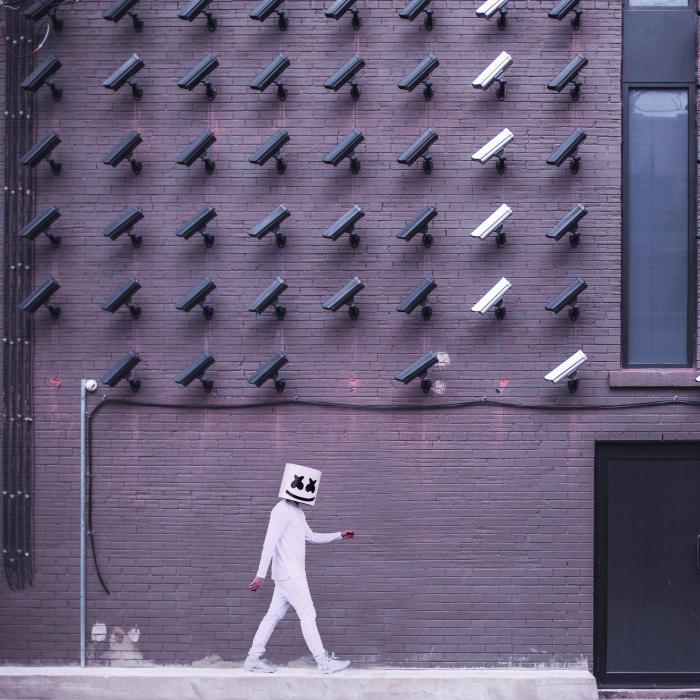Colombia Police Code
Privacy International filed an intervention at the Colombian Constitutional court challenging the mass surveillance provisions contained in the Colombian Police Code.
Photo by arvin keynes on Unsplash
Case name: Colombia Police Code Challenge
Court: Constitutional Court of Colombia
Application no.: D-11902
Status: Open
In May 2017, Privacy International filed an intervention in a case brought by DeJusticia in the Constitutional Court of Colombia challenging the lawfulness of the Police Code and its compatibility with the Colombian Constitution.
The claim challenged five distinct provisions in the Police Code which, taken together, enable the mass surveillance state through indiscriminate monitoring and violate privacy. Among other features, the provisions make compulsory the installation of surveillance cameras in public transport vehicles, enable the police to access private surveillance systems capturing public spaces, and render any personal data captured through surveillance systems public information.
In its intervention, Privacy International challenged both the unduly broad definition of public space contained in the Police Code, which went as far as including the “electromagnetic spectrum”, and the overly narrow definition of privacy, which made the right to privacy conditional upon a person being located in a physical space that was exclusive and considered private. Similarly, Privacy International challenged compulsory requirement set out in the Police Code to register the International Mobile Equipment Identity (IMEI) – a number that uniquely identifies a mobile phone – of all mobile devices.
In March 2020, the Constitutional Court released a communiqué ahead of the official ruling. Whilst the communiqué made clear that the processing of data captured by surveillance systems should abide by data protection principles, it found that the use of surveillance cameras in public transportation vehicles was reasonable and proportionate to the aim of preserving public order. Similarly, the communiqué stated that the provisions allowing the installation of surveillance cameras in the public space and law enforcement access to private surveillance systems were lawful.
Privacy International awaits a full ruling by the Constitutional Court.
